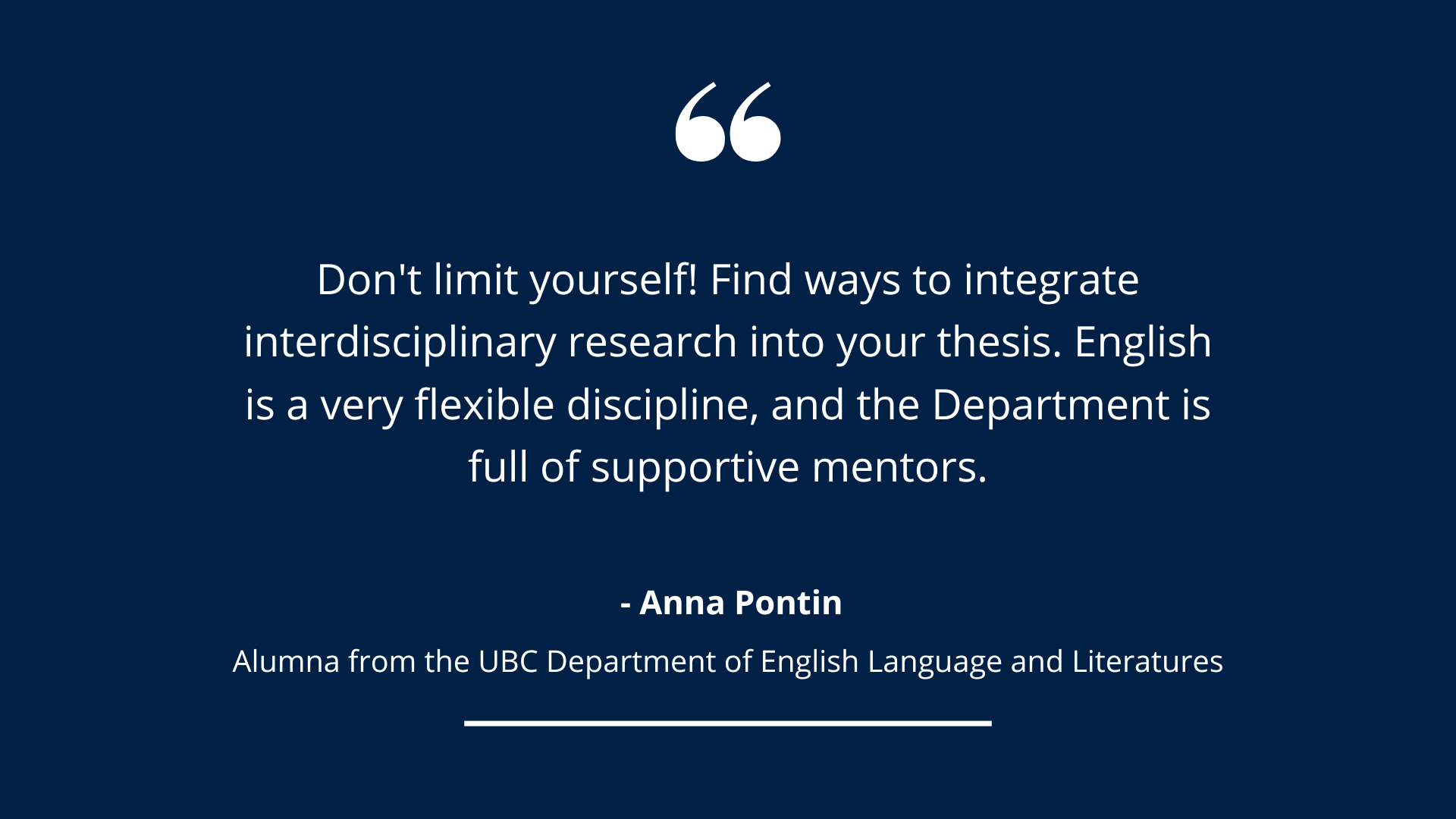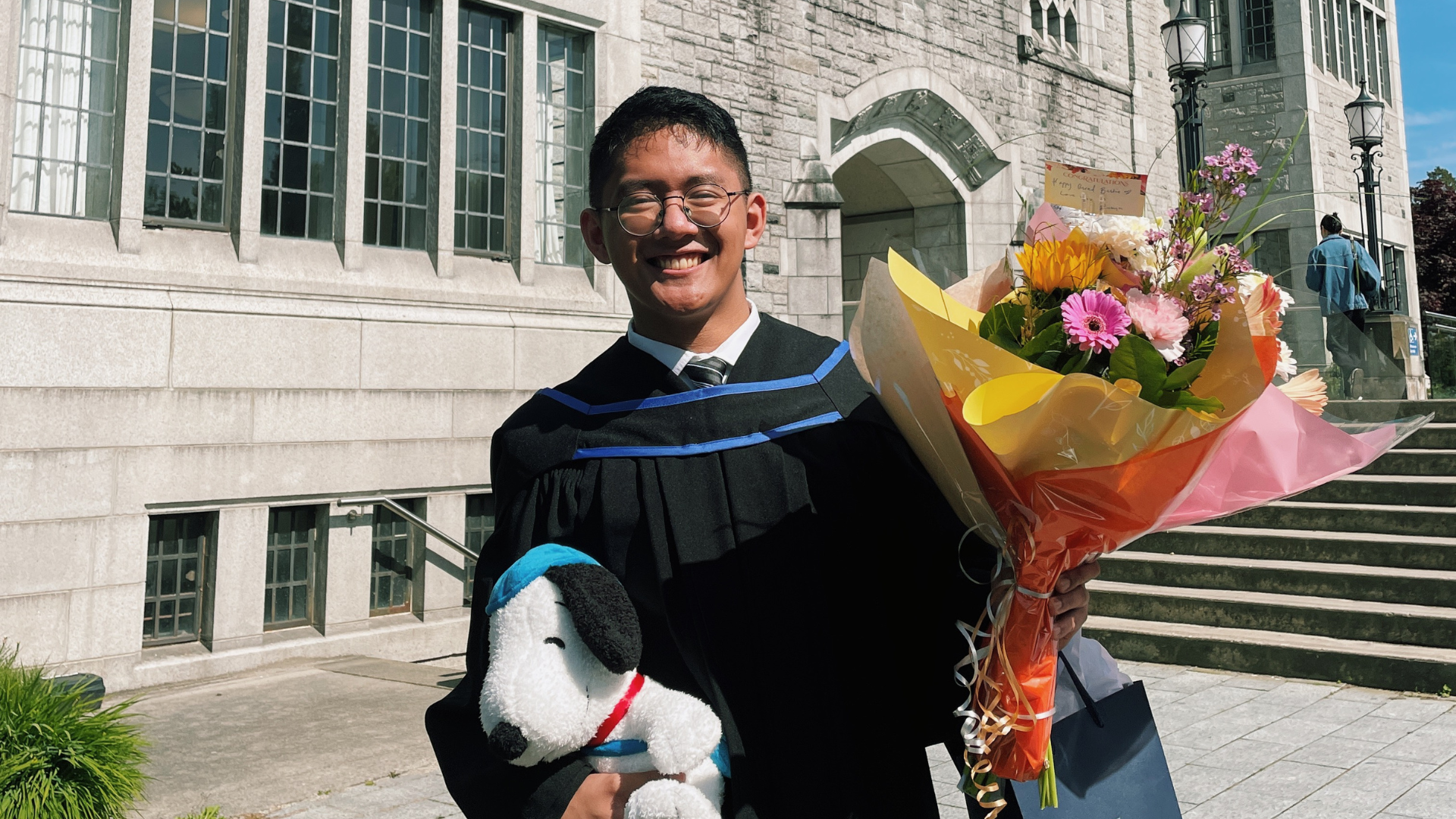[table “14” not found /]
Recent News
Alumni, Student
Honours Student Kevin Lem Embraces an Equally Psychoanalytic and Queer Approach to the Short Fiction of Edgar Allan Poe
August 20, 2025


Alumni, Student
Honours Student Anna Pontin Bridges Literary Criticism with Quantum Physics, Psychoanalysis and Philosophy
August 16, 2025


Alumni, Student
Honours Student Alexei L. Villareal Examines a Whirlwind of Critical Theory from Asian American and Black Scholars
August 12, 2025

